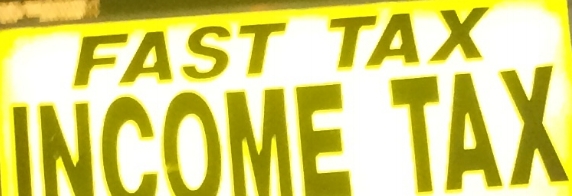Fringe Economy, Fringe Democracy (working title; manuscript in progress)
Abstract
Fringe Economy, Fringe Democracy examines American democracy from the vantage point of racial minorities, poor, and credit-poor individuals who rely on the fringe economy (e.g., payday loans, pawnshops, check-cashing outlets, title loans) for vital resources. These services have always garnered negative attention because they are considered more expensive than traditional banking and disproportionately target the resource-poor, yet scholars have not connected the persistent market and economic critique to political attitudes, behavior, or everyday political life.
Although outlawed in 14 states and the District of Columbia, there are over 22,000 payday loan stores across the United States—more than the number of Starbucks and Walmart combined. This book challenges widely-held stereotypes and myths about poor people and who we think are (un)deserving of quality resources, dignity, and representation. To disrupt the myths that support our assumptions about democratic and economic participation in America, Fringe Economy, Fringe Democracy charts the extractive effects of the fringe economy on Black and resource-poor people's political attitudes and participation. Using geographic data and survey data in addition to interview data from Chicago and Philadelphia, results reveal how experiences with financial institutions, especially those rooted in the fringe economy, shape racial minorities’ feelings of political alienation and distrust of government; the demobilization effect manifests through voting and other forms of political participation.
Fringe Economy, Fringe Democracy historically traces these myths to foreground the racialized expansion, uneven economic development, and extractive nature of these markets. Whereas federalism conditions the type of access individuals have to the fringe economy and its visibility, private companies disproportionately choose to populate poor neighborhoods. Although financial services are not the sole influencer on individuals' political participation, they facilitate the political processes that can reify and (re)produce the conditions that shape which people are valued, whether their requests are effective, and where they fit in the polity. The fringe economy provides a compelling, myth-busting case of how financial and political exclusion are interconnected, with profound implications for democratic governance and inequality in America.
In Media
The manuscript is based on her dissertation project, which was awarded the Urban Politics Section’s Byran Jackson Dissertation Research on Minority Politics Award. It was supported by the Ford Foundation Dissertation Fellowship, the University of Pennsylvania School of Arts and Sciences’ Teece Fellowship, and the Department of Political Science.
Listen to the Poor Pay More (season 4, episode 5) of the New Dawn Podcast, where Posey joins Michael Dawson to talk about payday loans and financial capitalism.
Read about the political consequences of racialized resource distribution and other key questions in the Future of Finance’s conversations about Contesting Debt and Reimaging Finance.



